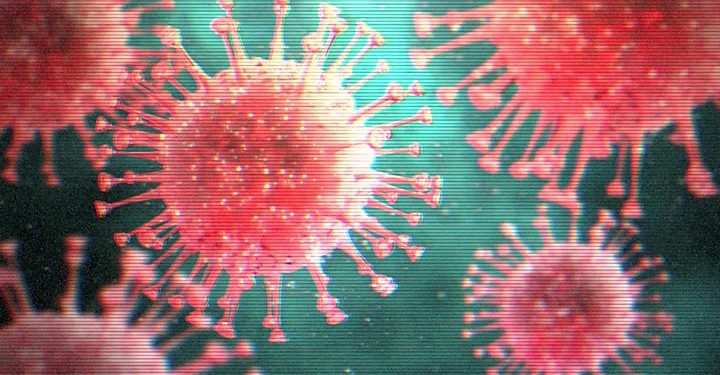With COVID-19 outbreak taking thousands of lives across the globe, it is natural for most people to worry about surfaces that are likely to harbour coronavirus – especially the ones that come to the home and how to get rid of them.
Even though a lot of people are concerned about how the virus could spread, the good news is there is no evidence of transmission from things coming into the home, virologist Tim Newsome from University of Sydney says.
“If the virus was really infecting people by being on surfaces for days, then we would see much greater spread than what we do see,” Newsome claims.
As things stand, a vast majority of people get infected through sustained contact with an infected person, which is why social distancing measures have been so effective in flattening the curve in many countries such as South Korea, Japan and Taiwan.
Another virologist Sacha Stelzer-Braid of University of New South Wales Sydney agrees with Newsome and says that chances of picking up coronavirus from grocery packets and newspaper are very low.
That said, she adds, “You may want to take more precautions if you’ve gone into some kind of healthcare setting, or you’ve been somewhere where there was someone coughing.”
Besides, coronavirus can live on anything you bring inside your home. Further, they also can contaminate stuff that you touch if you already have viruses on your hands. A point in case being door handles, switches and clothes.
A recent research published in the New England Journal of Medicine last month showed that coronavirus can stay alive for up to three days on hard surfaces such as stainless steel and plastic. It may be mentioned here that with passage of time, the virus doesn’t remain as infectious as it was when first deposited.
“What we see is actually there’s an exponential decay of the virus. It’s not just staying around and then suddenly disappearing at that time, it’s becoming less and less risky over time,” Newsome said and went on to add that the first thing one needs to do while getting inside home is washing the hands and keeping surfaces clean.
Meanwhile, research suggests that diluted bleach and alcohol-based sprays are quite effective against this virus. Besides, washing clothes regularly and drying them under direct sun also helps.






































